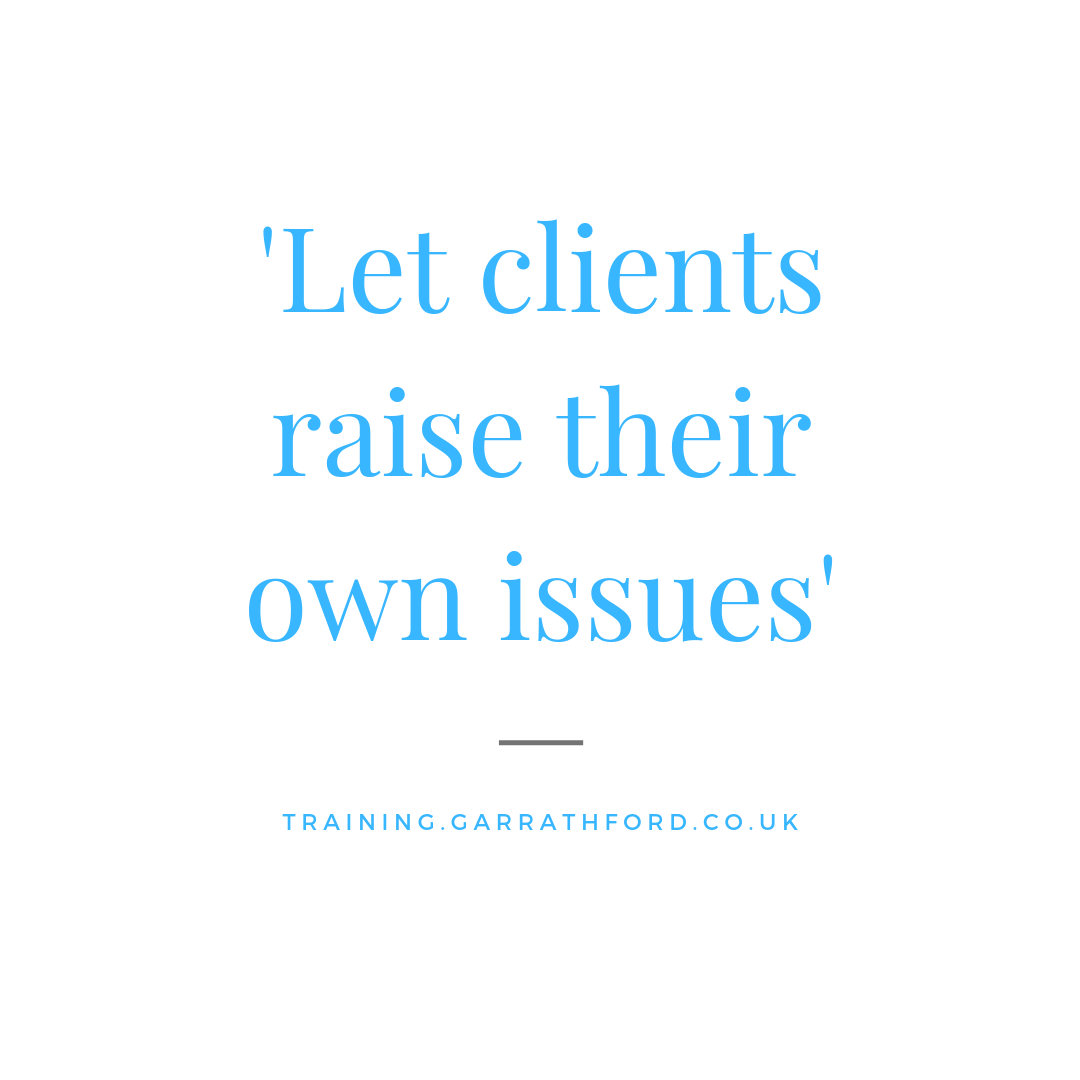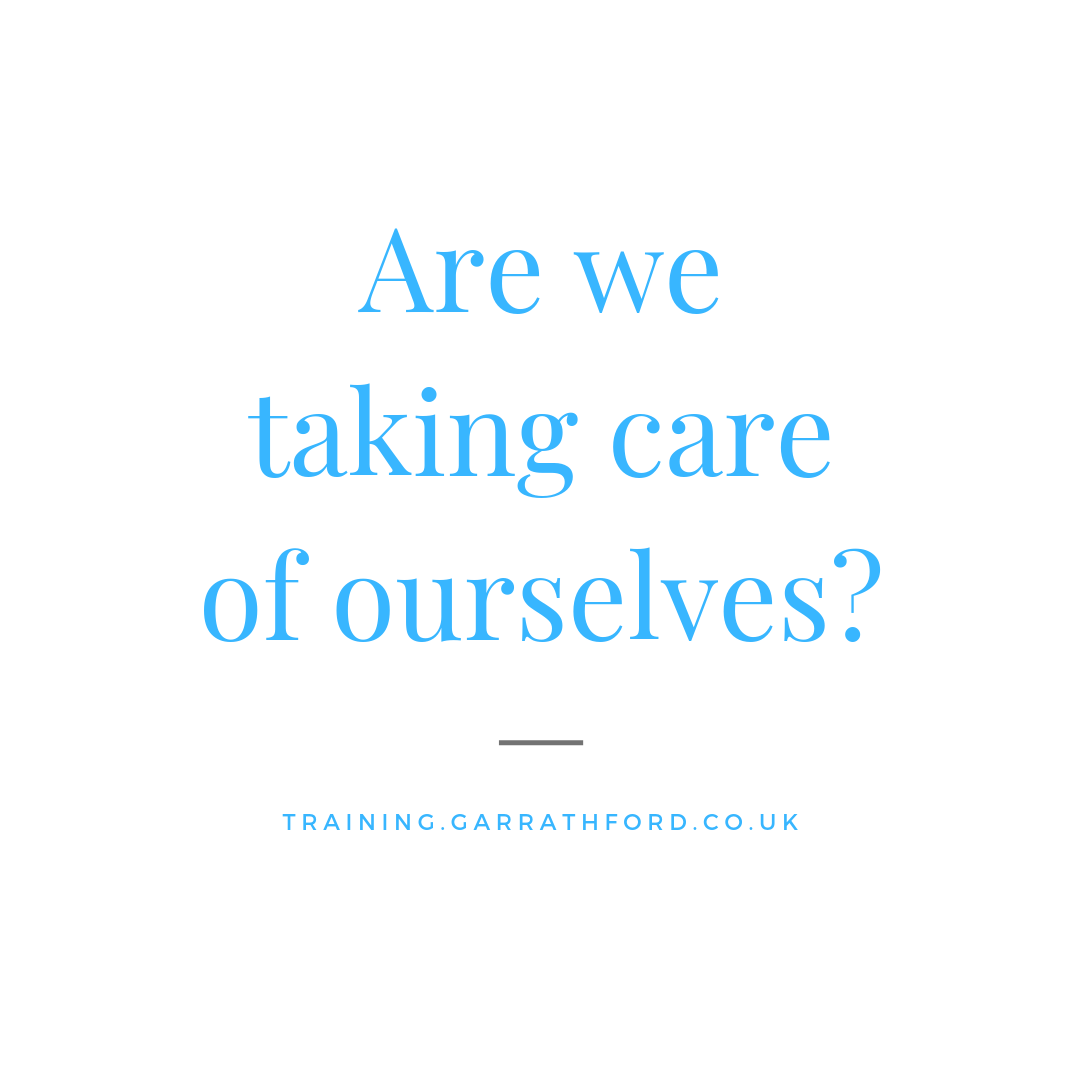I am often struck by practitioners voicing their lack of skills and confidence in supporting clients to change their health behaviours. The greatest concern is often given to how to ‘raise the issue’, for example, weight management.
This is one area where Solution Focused Health Improvement is radically different!
Any talk of ‘raising the issue’ reveals a problem-focused approach. Such traditional methods are still interested in forwarding the agenda of health services. What is important to health professionals is imposed on individuals and gets talked about or ‘raised’.
To those professionals not yet familiar with Solution Focused Health Improvement, it may come as a surprise that in over 10 years of clinical practice, I have never found the need to ‘raise’ the problem issue with anyone.
Recently, I was working with someone who’s best hopes were ‘to get my internal drive and optimism back’. As we explored his preferred future various desired changes in his health behaviours were expressed, including: eating a healthy breakfast, taking breaks from work, exercising, refraining from risky sexual behaviour and reducing alcohol consumption.
When we ask about what clients’ want, raising the issue simply becomes redundant.
Try it and you will see that individuals’ themselves raise all their own issues (and solutions)!









